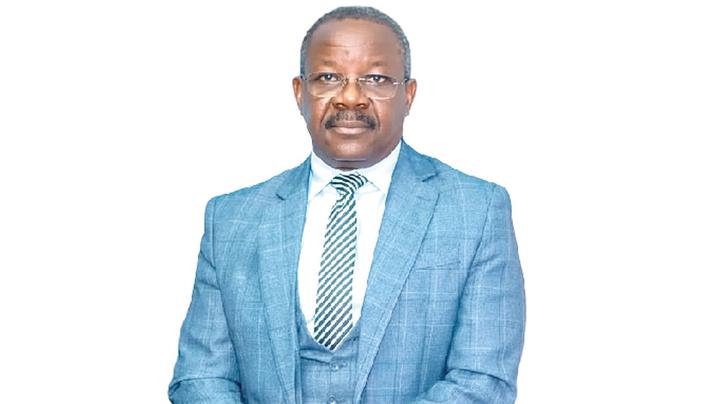In an interview with The Punch, the former Deputy Director of Defence Administration at the Defence Headquarters, Commodore Kunle Olawunmi (retd.), spoke on the recent reported coup plot, the growing insecurity in the country, and the arraignment of Nnamdi Kanu, among other national issues.
When asked whether he still held the belief that some individuals intended to Islamise Nigeria, Commodore Kunle Olawunmi (retd.) affirmed that his position had not changed
He said, “Yes, I’ve known this because I worked a lot with the Fulanis. I worked with all these Abacha and Abdulsalami groups, even though it is Kanuri, and I know that is what they want.
“We arrested people when I was in combat intelligence, we interviewed them, and they told us. There are instances, when we went into combat, fight, arrest people, bring them into detention, and interrogate them. A general would come and say they should release him, and I have evidence: name, time, and place.”
When asked why he believed the situation persisted, Commodore Kunle Olawunmi (retd.) alleged that some senior military officers who shared the same religious background and ideological leanings as the Boko Haram insurgents were responsible for the release of captured terrorists.
He claimed that these officers often ordered their release despite being caught in combat, suggesting that their actions were influenced by a shared agenda.
Olawunmi remarked that his statements on the matter had been met with criticism over the years, noting that when he made similar revelations three years earlier, many people questioned his motives and accused him of speaking out of turn. He insisted, however, that his assertions were grounded in professional experience and intelligence knowledge, not speculation.
He explained that, as a trained intelligence officer, he understood the rules governing classified information, including what could be disclosed and when. He said he was fully aware of the boundaries between confidential and declassified information, emphasizing that some sensitive details could only be released after a certain number of years, typically 10 to 15.
Reiterating his position, Olawunmi alleged that some Fulani elements were pursuing an Islamisation agenda in Nigeria. He claimed that their efforts had taken multiple forms over time — first through violent attacks and terrorism, then through attempts to influence legislation and alter constitutional provisions. According to him, when these efforts failed to yield results, they reverted to armed violence, targeting communities across the country.
He further suggested that beyond religion, there was also an economic motive behind these actions, as the perpetrators sought unfettered access to Nigeria’s natural resources, which they allegedly exploited and exported abroad for personal gain. He argued that for such individuals, the boundaries between faith, politics, and commerce were blurred.
Olawunmi concluded by expressing concern over what he described as the passivity of Nigeria’s civil society, urging citizens and advocacy groups to awaken and confront the threats undermining national unity and security before it became too late. View, More,
Explore More News By Using The Button.

